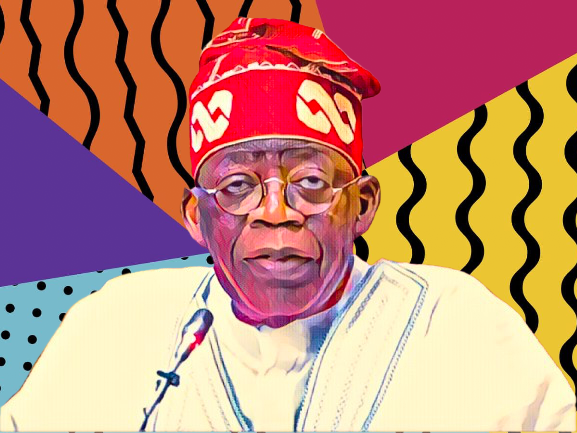Key points
-
Tinubu seeks NASS approval for $2.3bn external borrowing plan.
-
Nigeria plans $500m Sukuk to finance infrastructure projects.
-
Move aims to fund 2025 budget and refinance Eurobond debts.
President Bola Ahmed Tinubu has asked the House of Representatives to approve new external borrowing worth $2.3 billion and a $500 million sovereign Sukuk.
He said the funds would support the 2025 budget and help refinance Nigeria’s maturing Eurobond.
Speaker Tajudeen Abbas read the president’s request during Tuesday’s plenary session. Tinubu said the borrowing plan follows the Debt Management Office (DMO) Act of 2003, which requires the National Assembly’s approval before new debts are taken.
According to him, the loans will help implement the 2025 Appropriation Act, repay existing debts, and expand Nigeria’s funding sources, especially through Islamic finance.
How the Borrowing Will Work
Tinubu explained that the 2025 budget allows for $9.27 billion in total new loans to close the fiscal deficit.
Out of this amount, $1.84 billion (₦1.23 trillion at ₦1,500 per dollar) is meant for external borrowing.
He asked lawmakers to let the government raise the money through any of these options:
-
Issuing Eurobonds
-
Loan syndication
-
Bridge financing
-
Direct loans from international financial institutions
Tinubu said Nigeria’s $1.118 billion Eurobond, issued in 2018 at 7.625% interest, will mature in November 2025.
He explained that refinancing it now would prevent default and protect the country’s reputation in global markets.
“This is a common practice in international debt markets,” Tinubu said. “It helps maintain investor confidence and ensures debt sustainability.”
Nigeria’s First Global Sukuk
Tinubu also asked the National Assembly to approve Nigeria’s first international Sukuk worth $500 million.
A Sukuk is an Islamic bond that avoids interest and is backed by physical assets.
The president said the idea came from the success of local Sukuk issuances, which have raised ₦1.39 trillion since 2017 for road and infrastructure projects.
He added that this new Sukuk would attract investors from Islamic countries and bridge Nigeria’s infrastructure gap.
Tinubu said the Sukuk may carry a credit guarantee from the Islamic Corporation for the Insurance of Investment and Export Credit (ICIEC), part of the Islamic Development Bank Group.
If used, 25% of the money will repay high-interest debts, while 75% will fund key infrastructure projects.
Nigeria’s Debt Situation
Nigeria’s total public debt keeps growing. The DMO reported that it reached ₦121 trillion by mid-2025, almost three times higher than five years ago.
Supporters of Tinubu’s plan say loans are needed to fund major projects and keep the economy running.
But critics warn that the rising debt could become unsustainable if the government fails to boost revenue.
Tinubu insists his administration will maintain “prudent fiscal management and sustainable debt practices.”
He said Nigeria is a trusted borrower in global markets and can negotiate good loan terms.
Why It Matters
This new plan shows Tinubu’s push to diversify Nigeria’s borrowing sources beyond traditional loans.
Sukuk bonds are tied to assets and often attract long-term investors.
They can also encourage better use of borrowed funds.
Still, the real issue is how the funds are managed. Nigeria has borrowed large sums in the past, yet the results in infrastructure and public welfare remain limited.
If used wisely, this borrowing could ease pressure on the budget and support growth.
If mismanaged, it could worsen the debt burden without solving Nigeria’s financial problems.
Next Steps
Tinubu urged the House of Representatives to approve three key actions:
-
Raise $2.347 billion through Eurobonds, syndicated loans, or bridge financing.
-
Refinance the $1.118 billion Eurobond maturing in November 2025.
-
Issue a $500 million sovereign Sukuk with potential ICIEC credit support.
“I look forward to the timely approval of the House’s resolution,” Tinubu wrote.
The National Assembly will debate the request in the coming days.
For many Nigerians, the question is simple — will this new borrowing help rebuild the economy or deepen the country’s debt load?



